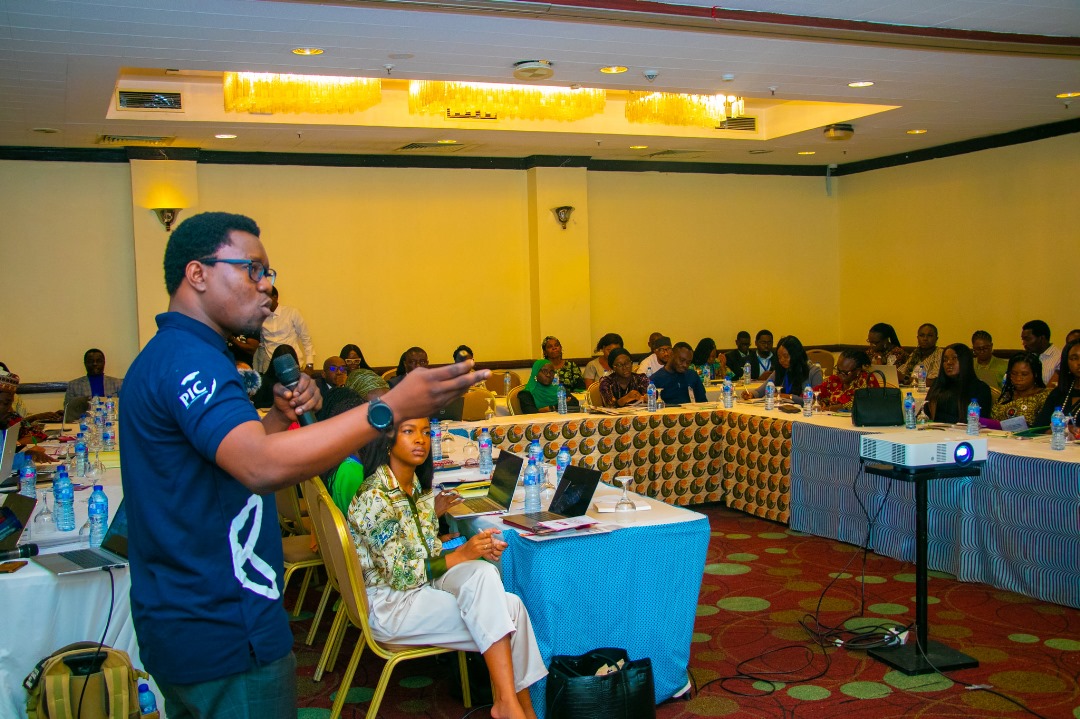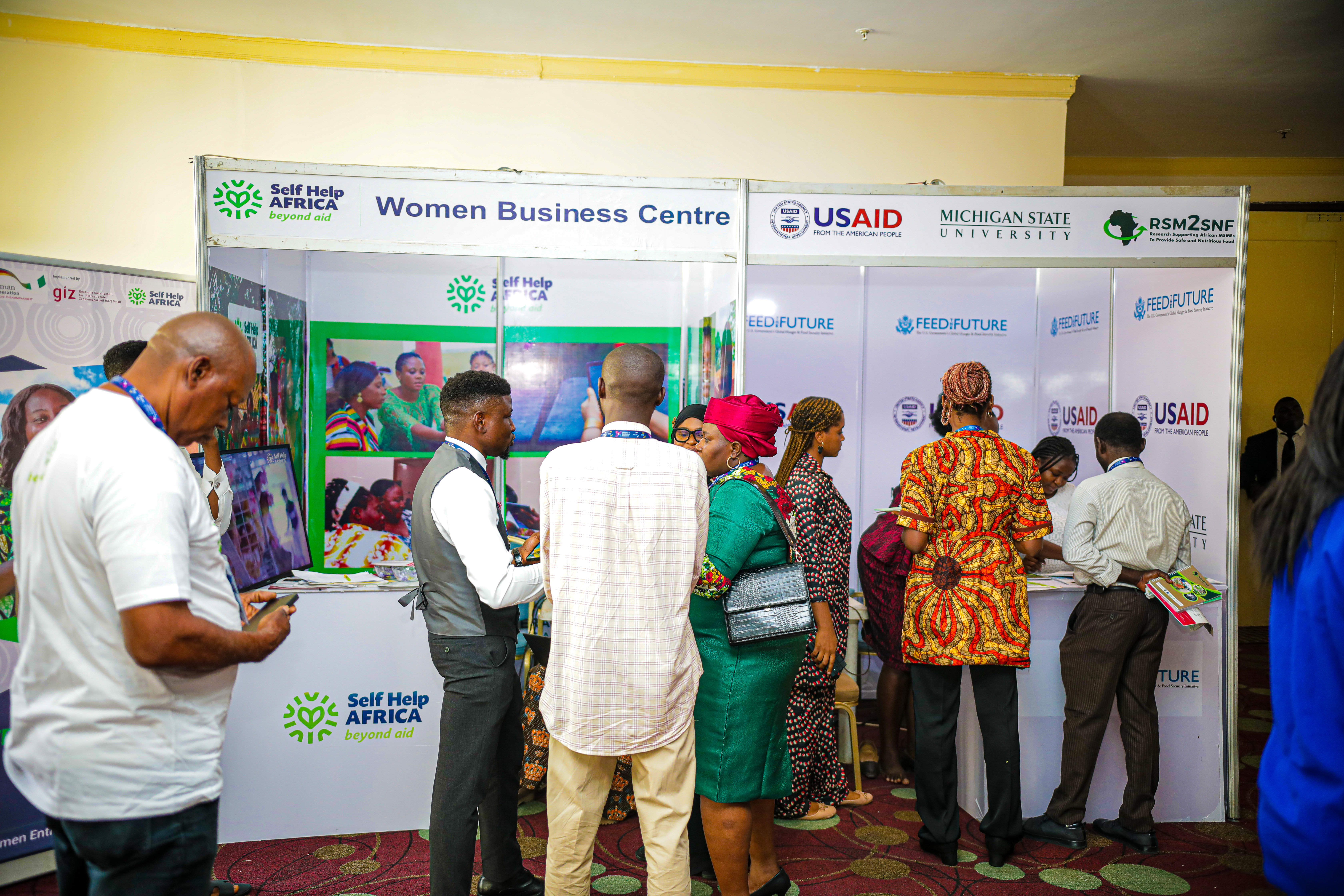Measuring What Matters: Innovative Approaches to Understanding Poverty and Addressing Inequities
The Global Multidimensional Poverty Index (MPI) is an international measure of acute multidimensional poverty across 109 developing countries. Beyond conventional monetary poverty measures, MPI captures acute deprivations in health, education and living standards. It provides a comprehensive picture of who is poor and the dimensions of poverty, not just in monetary terms. It de-emphasizes unidimensional poverty measures which focus on one indicator (such as income), but considers it as multidimensional deprivations (such as poor health status and malnutrition). Globally, across 109 countries, 1.3 billion people— 21.7 per cent live in acute multidimensional poverty. About half (644 million) are children under age 18. Nearly 85 percent live in Sub-Saharan Africa (556 million) or South Asia (532 million). Ending poverty (Goal 1) and reducing inequality (Goal 10) are part of the Sustainable Development Goals (SDGs) and a wide range of approaches have been identified to reduce poverty and inequities. To design effective poverty reduction programs, it is important to understand pathways to poverty, evidence-based approaches that work and innovative tools to track progress and change over time. This workshop seeks to enhance participants’ understanding of pathways to poverty and linkages to multi-sectoral inequities. The workshop will also expand skills in developing TOC and MERL frameworks for poverty reduction programs and foster networking among professionals for future collaboration.
Date: September 3, 2024
Time: 9.00 AM – 5.00 PM
Venue: Abuja Continental Hotel
Workshop fee: N100,000 (Early Bird: N80,000)
Apply Now

Potential Participants
Ideal candidates for the learning workshop include development professionals, government stakeholders, researchers, academics, project leads, officers, or analysts who are engaged in poverty reduction work across sectors such as health, livelihood, empowerment, education and agriculture.
• Development sector (NGOs, INGOs and CSOs).
• Private sector (Project Managers, Corporate Social Responsibility (CSR) Teams, Diversity and Inclusion Practitioners, etc.).
• Government Sector Stakeholders
• Academia (Academics and Early Career Researchers)

Workshop Delivery Method
This workshop will be on-site and classroom-delivered. Learning activities would include lectures, Q&A sessions, group activities, experiential learning sessions as well as other activities that promote critical (self) reflection and collective reflection, within the ambits of the workshop objectives. Prior to the on-site workshop, participants will be provided with preparatory materials and tasks. In addition, participants will have the opportunity to attend pre-summit learning sessions.